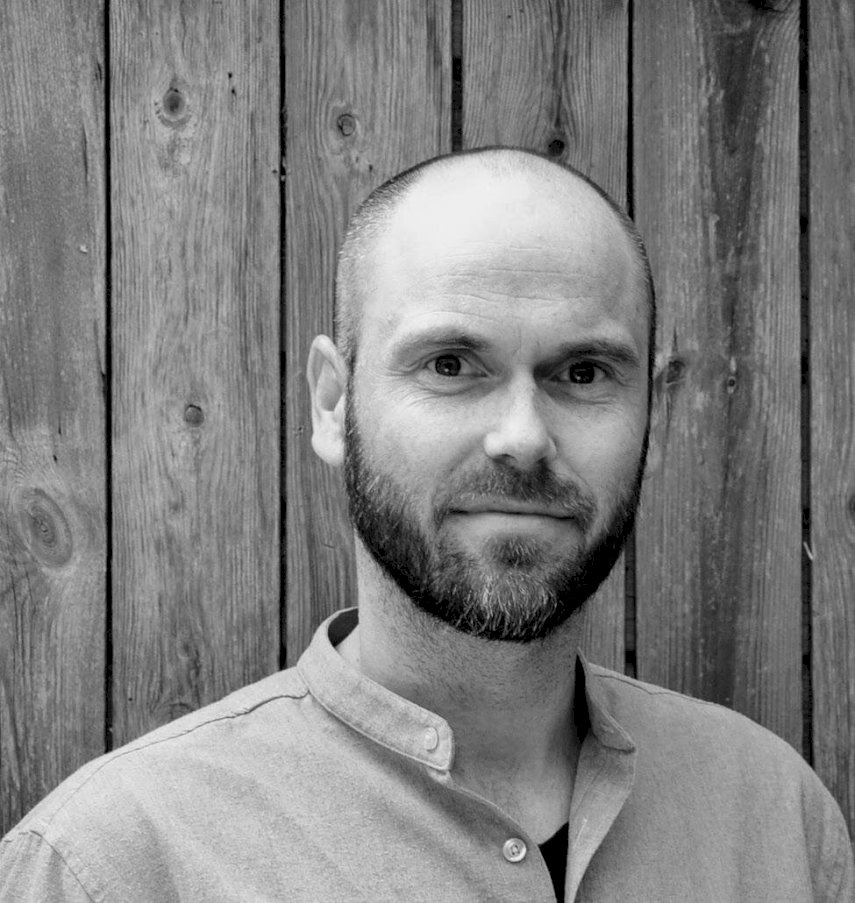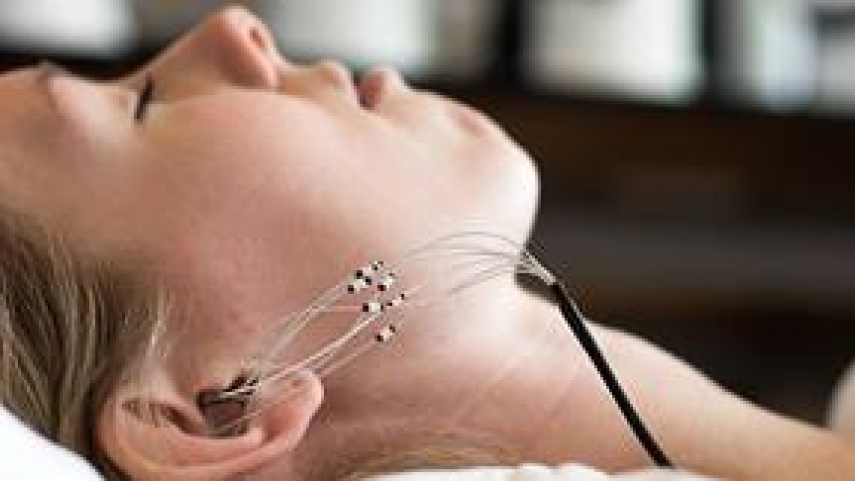Mobile sleep-EEG for accurate whole-night sleep monitoring in unipolar disorder inpatients - a pilot study
Investigation of the clinical value of mobile sleep-EEG in a psychiatric hospital setting
Problem
Sleep is critical to physical and psychological functioning and sleep disruption is strongly associated with psychiatric disorders. Psychiatric symptoms are worsened when sleep is poor, and poor sleep also raises the risk for relapse. Thus, there is a clear need to understand the relationship between sleep disruption and the onset, maintenance and relapse of psychiatric disorders.
Løsning
Normally, accurate sleep assessment requires fitting the patient with apparatus for polysomnography (PSG) and overnight observation at a sleep disorders unit. It has been demonstrated that accurate EEG measurements for sleep scoring can be obtained via electrodes placed at the mastoid points (behind the ear). This allows for mobile EEG monitoring in a variety of real-life situations without interfering with the natural setting and consequently, accurate sleep assessment outside sleep centres. Thus, this project aims to test the feasibility and gauge the added clinical value of mobile sleep-EEG in a psychiatric hospital setting.
Proces
The project has three central aims.
1. To test the feasibility of mobile sleep-EEG for unipolar disorder inpatients.
2. To map out the changes in sleep architecture over the course of hospitalization.
3. To analyze the relationship between sleep, psychiatric symptomatology and health care use (e.g., length of stay)
The project will include 6-8 patients for the full duration of their stay. The patient will be monitored with two certified EEG recorders, where relevant nurses will be trained in applying the EEG equipment. Once per day participants will fill out a short sleep questionnaire and questions pertaining to the comfort of use of the EEG device.
If sleep EEG via mastoid points prove feasible and add the expected value to the clinic, the hospital will be looking into acquiring the technology for routine use.

Kontakt
Specialpsykolog
Nicolai Ladegaard
nicolai.ladegaard@ps.rm.dk
+45 78 47 22 20
